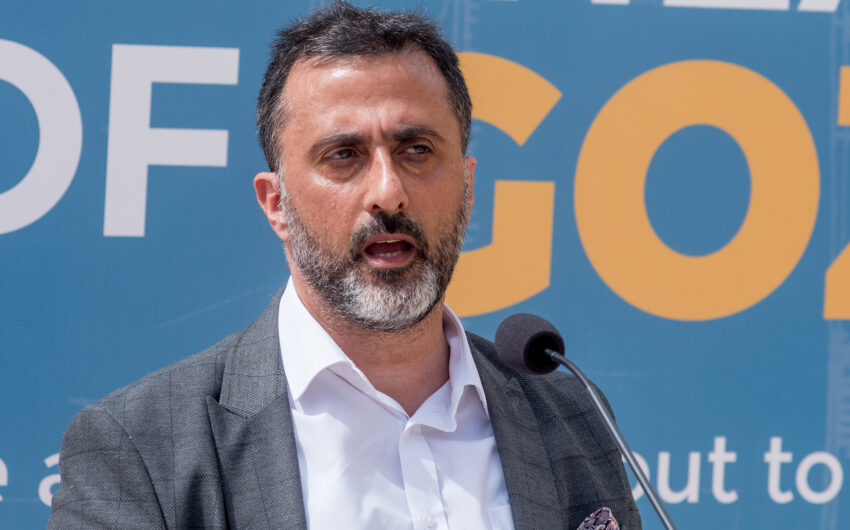
In a society which is more and more finding comfort in individualism, being part of a community is a rarity. This is indeed unfortunate. Our communities are an important source of survival but also guarantee quality of life and standard of living. We know as a fact that so many are disconnecting from our communities and so we need to work together to avoid leaving people by the wayside.
It seems that as a society we are slowly turning into ‘barbicans’ with overlooking turrets. We are transforming our support programmes in bricks and mortars, paternalistic clinician-patient relationships and pathologising of difference.
Our social sector needs a good shake-up because in these last years we have morphed into a comfort zone, thinking that all is well because we keep telling ourselves that. We have a ‘generous’ welfare system, we have close-knit families; we have caring and considerate communities; we have a strong NGO presence and we have an affluent economy, and usually welfare sits high up on the national agenda – so what else do we need?
In a way this might be true, but how could one explain why we are riddled with so many problems in our society and it seems that it is getting worse?
For example, the problem of loneliness which is engulfing our communities and affecting us at all age groups, with an estimated 48 per cent of people feeling lonely prior to the COVID-19 pandemic (data gathered by a Faculty for Social Well-being study). During the pandemic this phenomenon exploded to double that percentage (data gathered during the March 2020 semi-lockdown). Most times loneliness is the symptom of many other problems: isolation, finances, family separations, career pressures, to name just a few.
There is also an increase in the number of people in need of immediate support, namely homeless people and material poverty, that is impacting thousands of individuals and families. The problem seems to be growing. Just to give a small indication, in a recent interview I had with Fr Hilary Tagliaferro, during my radio show Andrew Azzopardi on 103 on 103 Malta’s Heart, he said that around five new families a month come to the Millennium Chapel asking for free clothing, food and other forms of support. Now add to these the increase in soup kitchens sprouting everywhere and NGOs that are not keeping up with all the material needs is another indicator of concern.
Apart from that, there are more and more people in our society claiming to have mental health problems than there ever have been and more people are attempting suicide. The list of people in our society being dealt a bad hand is boundless: women who suffer domestic violence, people with disability, people living in substandard housing, and so on and so forth.
We have turned our society into one that has left us exasperated – it is slowly but surely turning us into a soulless community. We have been curdled into machines and what matters is that we produce at the impresarios’ contentment. We used to laugh at Charles Chaplin’s infamous factory scene in his film Modern Times. We are behaving the same.
We are succumbing to the pressure of others and we risk George Orwell’s, “Until they became conscious they will never rebel, and until after they have rebelled they cannot become conscious.”
If we want change we need social policy makers, politicians, NGOs, service providers and academics to bring their heads together. We are still in time.
